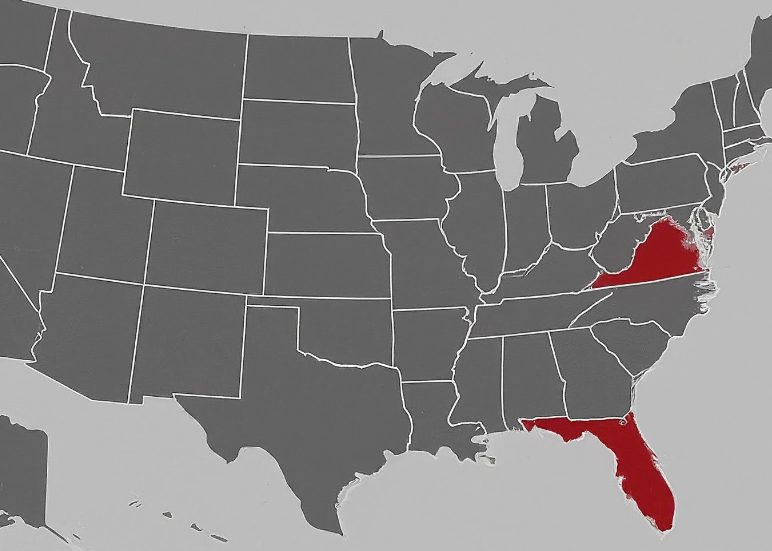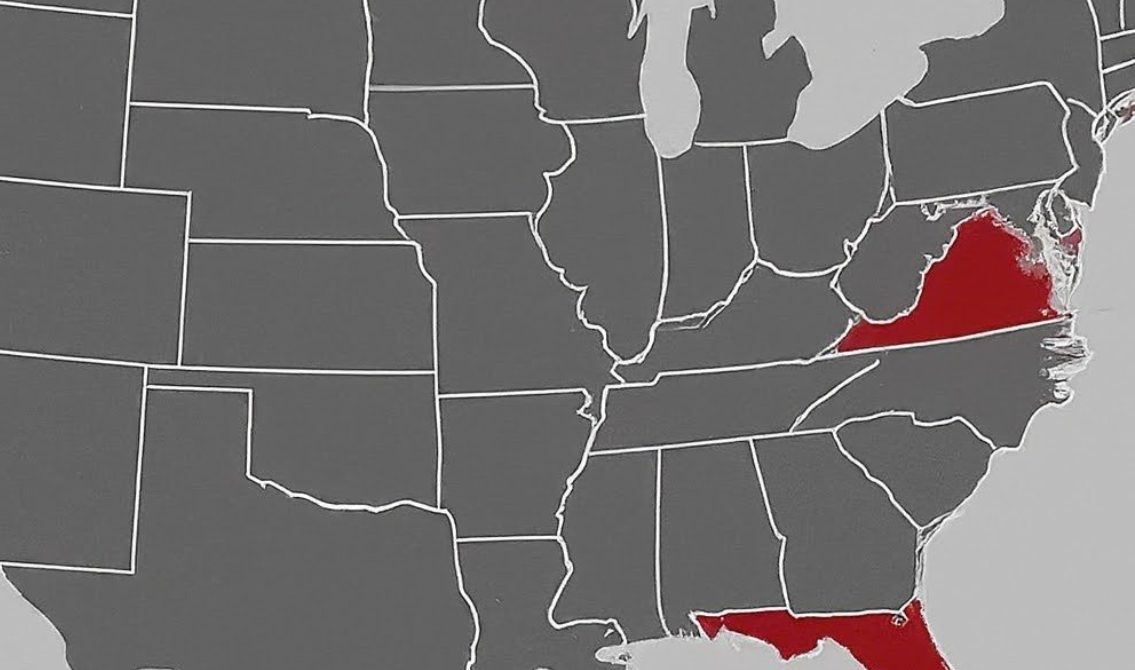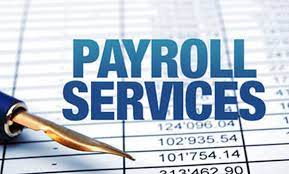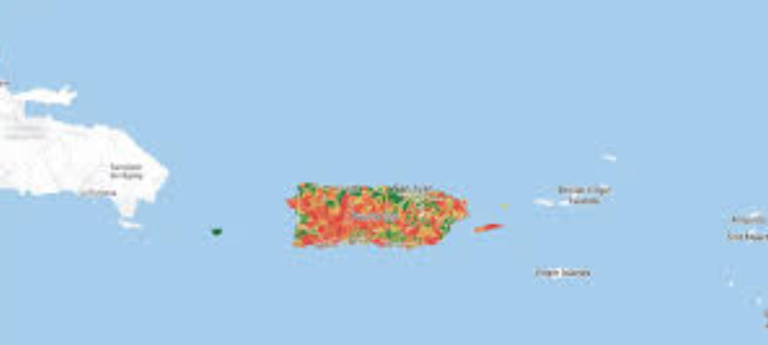Famous ZIP codes are more than just five-digit identifiers for mail delivery. They’ve become symbols of status, cultural identity, and even historical significance. From the glitz and glamour of Beverly Hills 90210 to the tech-savvy innovation of Silicon Valley’s 94025, certain ZIP codes have transcended their practical purpose and become synonymous with specific lifestyles, industries, and communities.
Let’s take a closer look at some of the most famous ZIP codes across the United States and explore the factors that have contributed to their iconic status.
Contents
The Glamorous 90210: Beverly Hills, California
Few ZIP codes evoke images of luxury and celebrity quite like 90210. Beverly Hills has long been associated with wealth, high-end fashion, and the lifestyles of the rich and famous. The ZIP code gained even more notoriety thanks to the popular TV show “Beverly Hills, 90210,” which followed the lives of teenagers living in this exclusive enclave.
Why 90210 is Famous:
- Celebrity Residents: From movie stars to business moguls, 90210 has been home to countless A-listers.
- Luxury Real Estate: Rodeo Drive and the surrounding streets are lined with opulent mansions and designer boutiques.
- Cultural Influence: The ZIP code has been featured in numerous films, TV shows, and songs, cementing its place in popular culture.
10021: Upper East Side, New York City
On the opposite coast, 10021 represents another bastion of wealth and prestige. New York City’s Upper East Side is known for its grand apartment buildings, world-class museums, and exclusive private schools.
Why 10021 is Famous:
- Historical Significance: The neighborhood boasts stunning architecture and a rich cultural heritage.
- Literary and Artistic Connections: Many famous authors, artists, and socialites have called the Upper East Side home.
- Affluence and Exclusivity: The ZIP code is synonymous with old money and the elite social circles of Manhattan.
94305: Palo Alto, California (The Heart of Silicon Valley)
While 90210 and 10021 represent established wealth and glamour, 94305 symbolizes the cutting edge of technological innovation. Palo Alto is at the heart of Silicon Valley and home to some of the world’s most influential tech companies, including Google, Facebook, and Hewlett-Packard.
Why 94305 is Famous:
- Tech Giants: The ZIP code houses the headquarters of numerous multinational tech corporations.
- Venture Capital: Palo Alto is a hub for venture capital investment, fueling the growth of new startups.
- Intellectual and Academic Powerhouse: Stanford University, a leading research institution, is located in the 94305 area.
Read More: Poorest Zip Codes in USA: A Closer Look
60601: The Loop, Chicago, Illinois
Chicago’s 60601 encompasses the Loop, the city’s central business district and a vibrant cultural center. The ZIP code is home to iconic landmarks like the Willis Tower (formerly the Sears Tower) and the Art Institute of Chicago.
Why 60601 is Famous:
- Architectural Marvels: The Loop boasts a stunning collection of skyscrapers and historical buildings.
- Financial Powerhouse: The ZIP code is a major center for finance, commerce, and trade.
- Cultural Institutions: World-class museums, theaters, and art galleries are concentrated in this area.
20008: Washington, D.C.
20008 covers a portion of Washington, D.C., including Capitol Hill and the surrounding neighborhoods. The ZIP code is synonymous with American politics and the institutions of government.
Why 20008 is Famous:
- Political Power: The U.S. Capitol Building, the Supreme Court, and numerous government offices are located in this area.
- Historical Significance: The neighborhood has witnessed many pivotal moments in American history.
- Cultural Attractions: The Smithsonian museums, the National Mall, and numerous monuments and memorials are within 20008.
The Influence of Famous ZIP Codes

Famous ZIP codes have a powerful influence on real estate values, cultural identity, and even tourism. They can create a sense of community and belonging for residents, and they often attract businesses and investors who want to be associated with a particular lifestyle or industry.
While ZIP codes were initially created for practical purposes, they have evolved into much more than just numbers. They are symbols of identity, status, and aspiration. They represent the unique character of different communities and the diverse fabric of American life.






